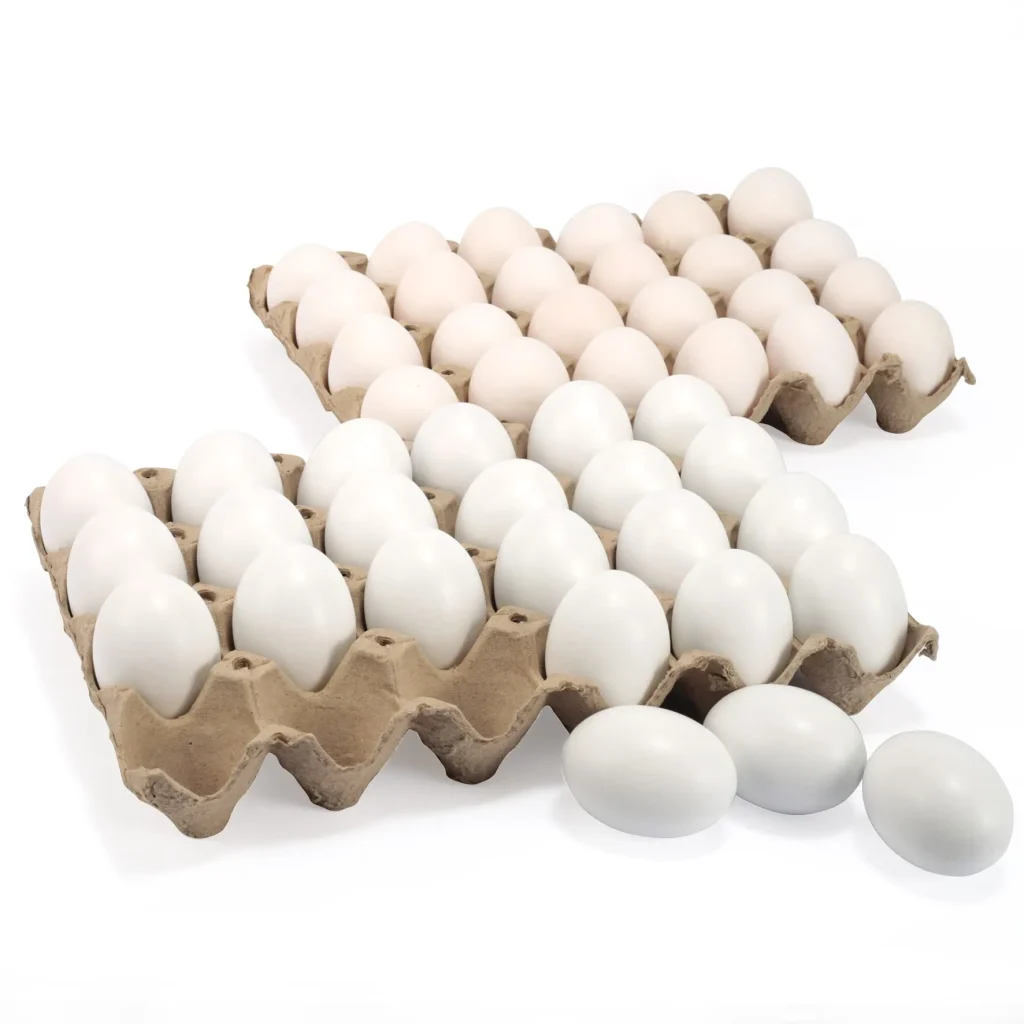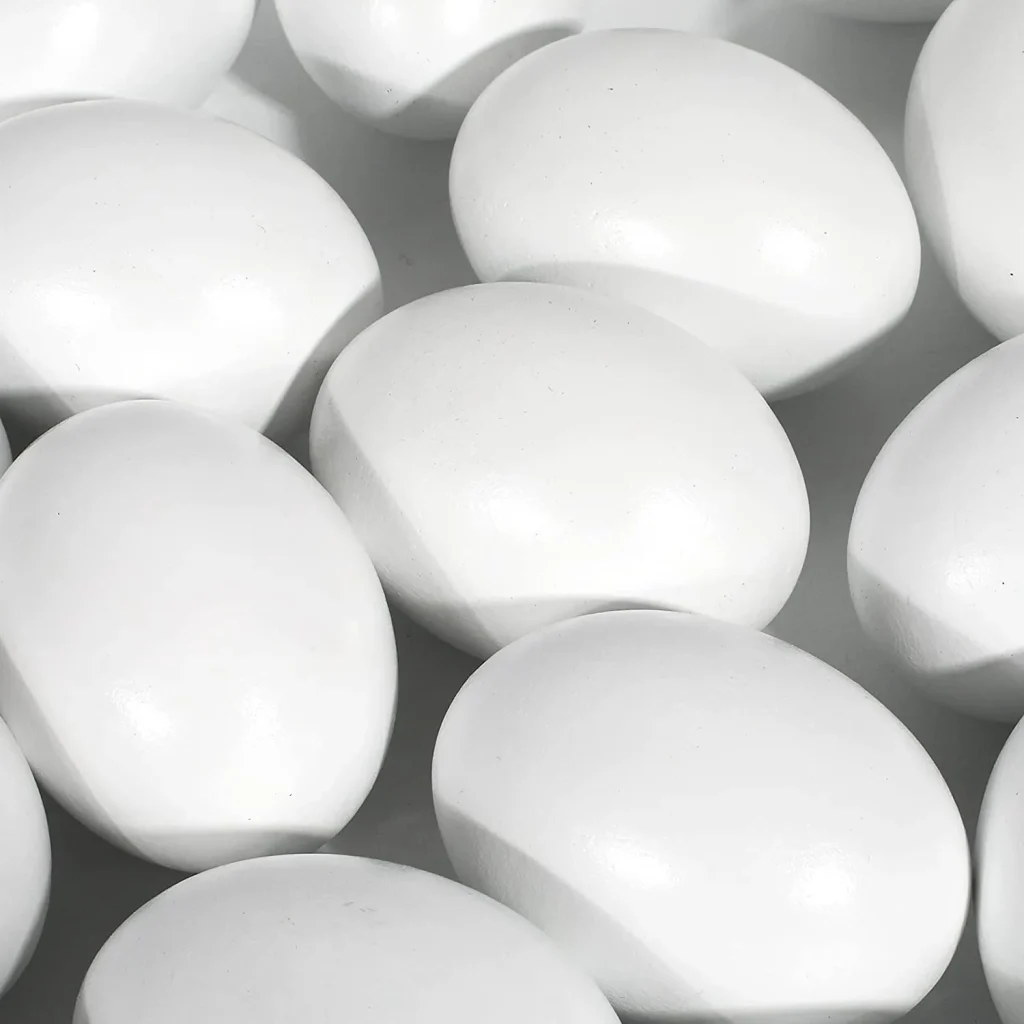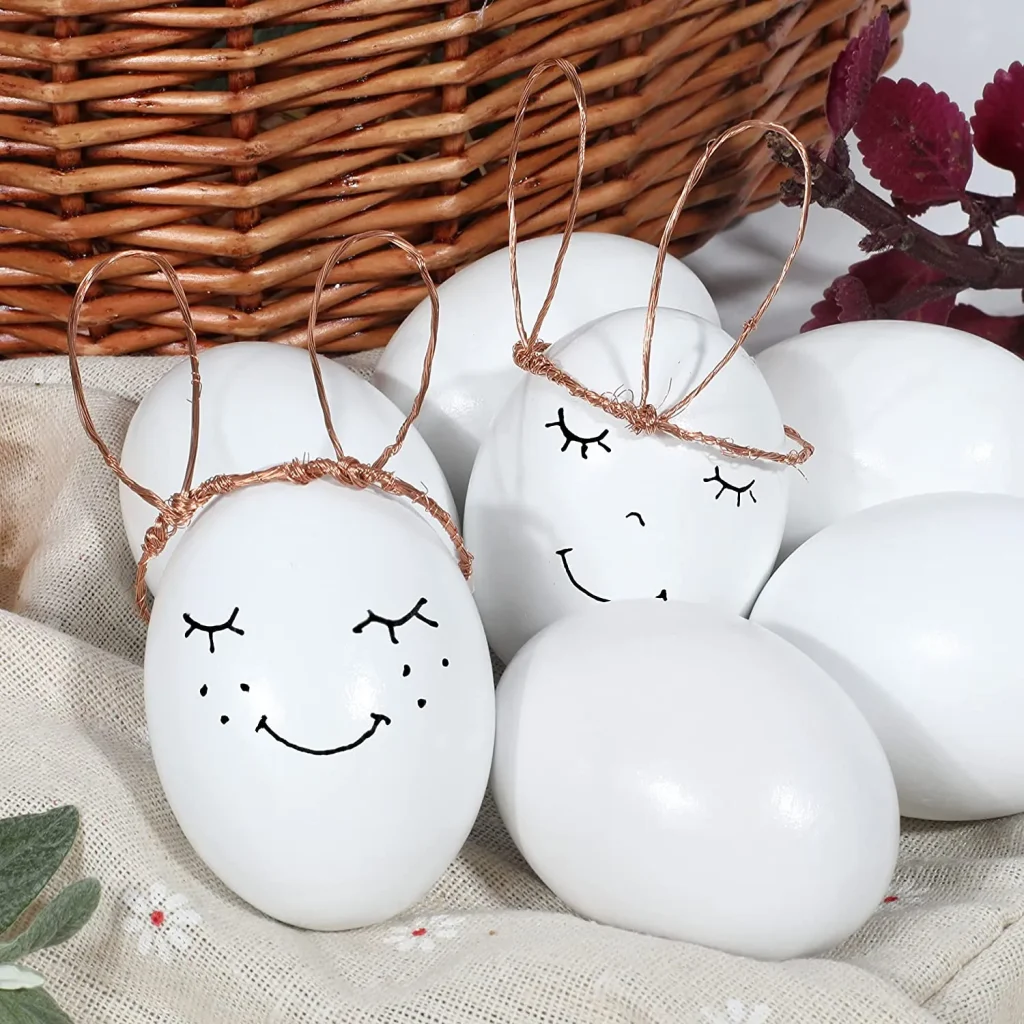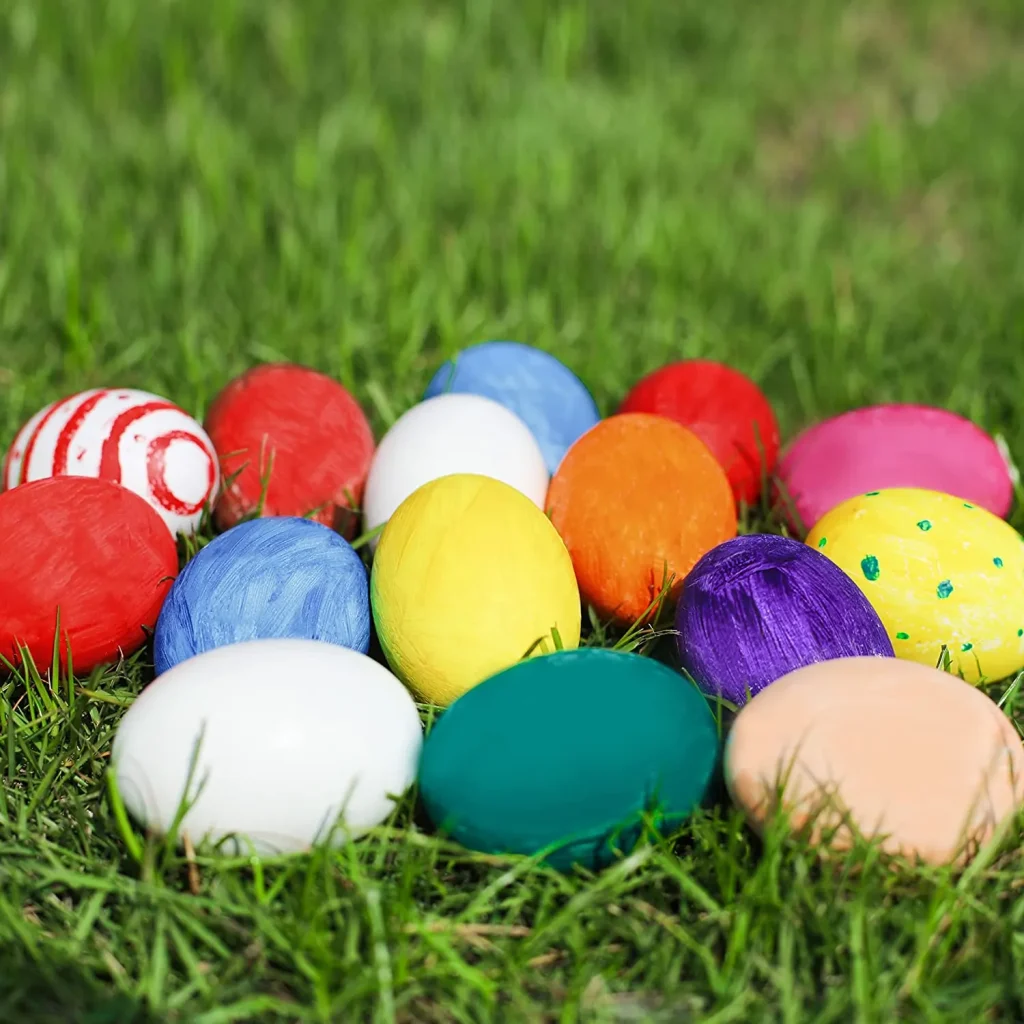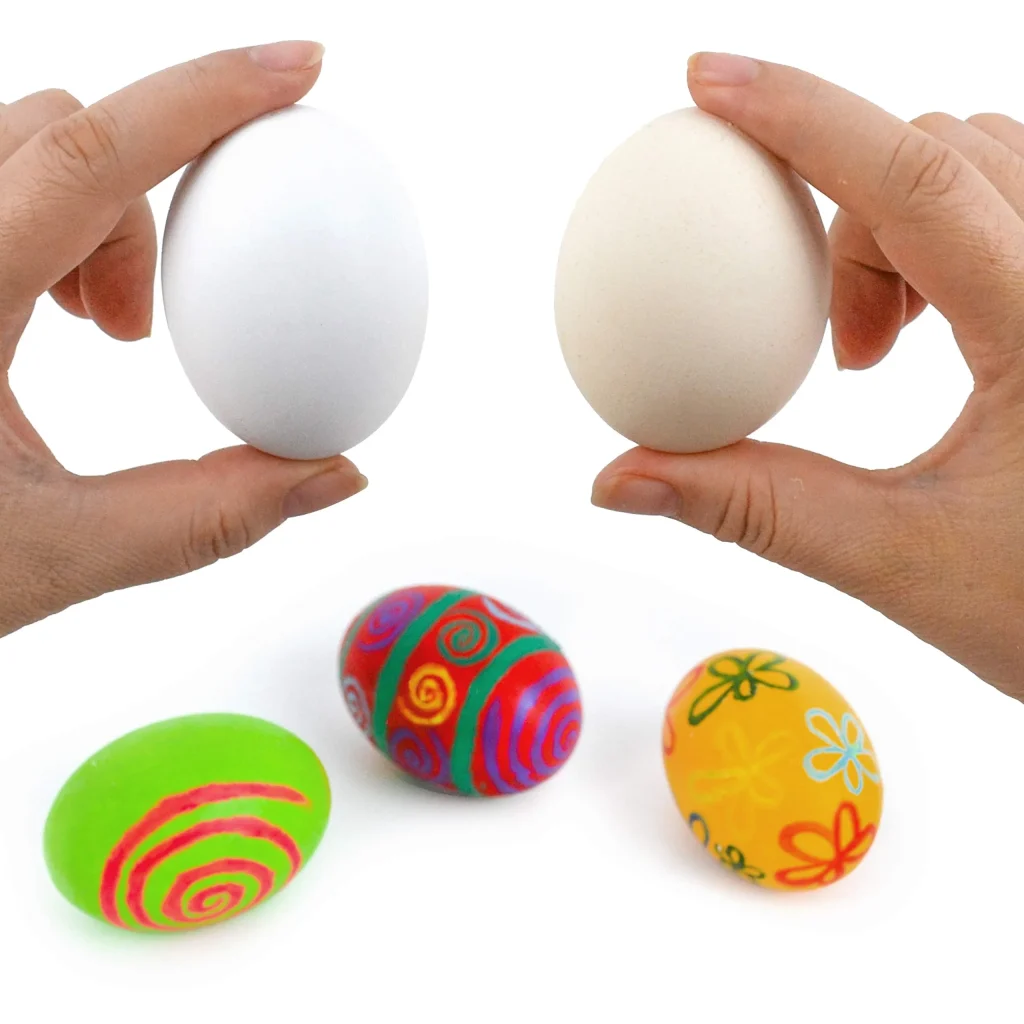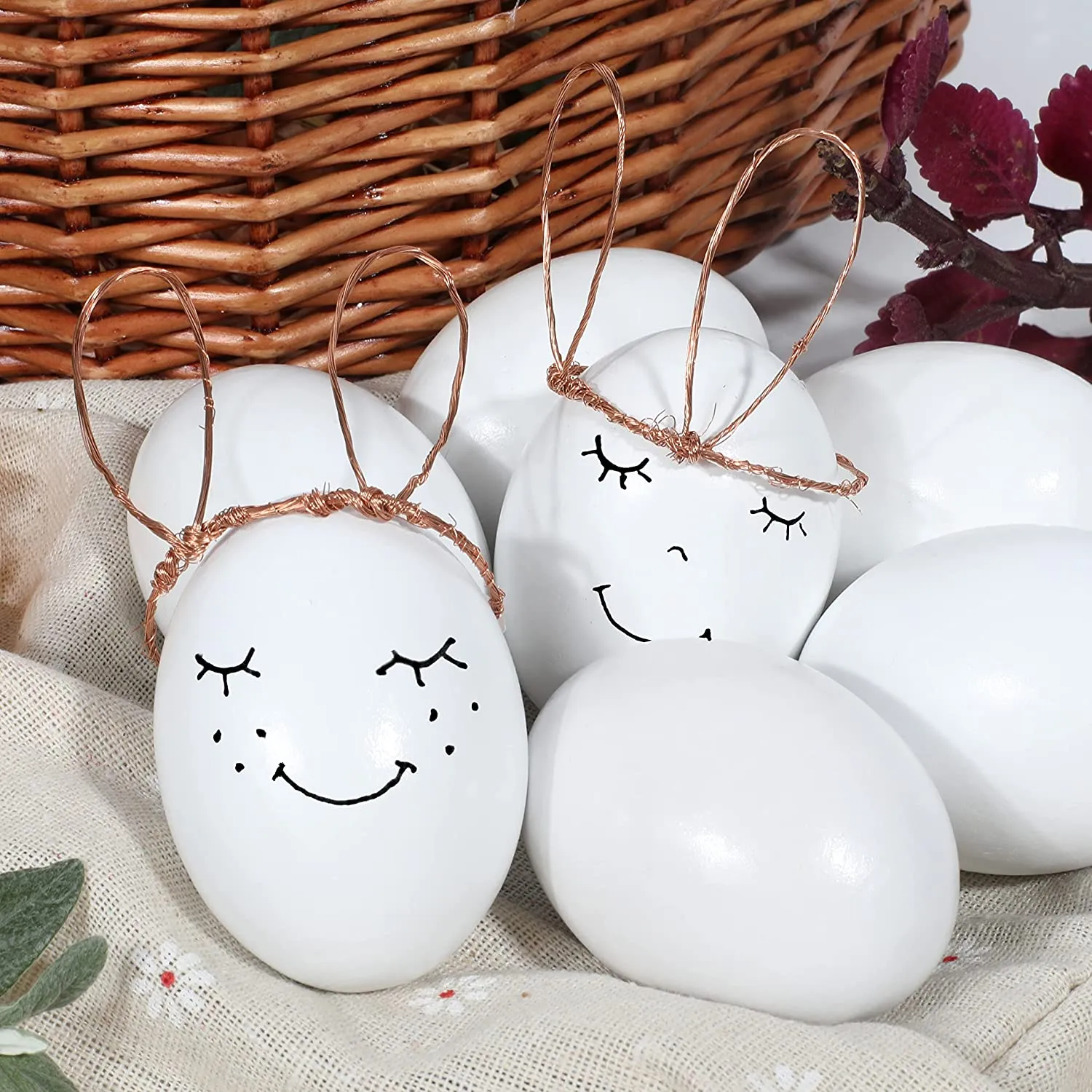
How to Boil Eggs for Easter: A Simple Guide 2024
Boiling eggs for Easter is a fun part of getting ready for the holiday. Whether you want to make colorful Easter eggs or tasty treats, knowing how to boil eggs the right way is important. In this guide, we’ll show you step by step how to boil eggs for Easter so they turn out perfectly every time. We’ll cover everything from picking the best eggs to how to peel them easily. Get ready to learn all the egg-citing tips and tricks for making delicious boiled eggs for Easter!
Step 1: Start with Fresh Eggs
Before you begin boiling your Easter eggs, it’s important to start with fresh eggs. Fresh eggs not only taste better but also provide better results when boiled. When selecting eggs, choose ones that are not cracked, and have been stored properly in the refrigerator. Using eggs that are past their expiration date or have been sitting out at room temperature for too long can result in less-than-desirable outcomes. If you are looking for eggs for easter decor, plastic easter eggs like white wooden eggs are the best choice.
Step 2: Prepare the Eggs
Once you’ve selected your eggs, it’s time to prepare them for boiling. Place the eggs in a single layer at the bottom of a saucepan. It’s important to arrange the eggs in a single layer to ensure even cooking. If the eggs are stacked on top of each other, they may not cook evenly, resulting in some eggs being undercooked while others are overcooked. Additionally, make sure there is enough space between the eggs to allow for movement and circulation of the boiling water.
Step 3: Boil the Water
Fill the saucepan with enough cold water to cover the eggs by at least one inch. Starting with cold water helps to prevent the eggs from cracking as they come to a boil. Placing eggs directly into boiling water can cause the shells to crack due to the rapid change in temperature. Once the eggs are submerged in the water, place the saucepan on the stove over medium-high heat and bring the water to a rolling boil.
Step 4: Cook the Eggs
Once the water reaches a rolling boil, it’s time to cook the eggs. The cooking time will depend on whether you want hard-boiled eggs or soft-boiled eggs. For hard-boiled eggs, let the eggs sit in the hot water for about 10-12 minutes. For soft-boiled eggs, reduce the cooking time to 6-8 minutes. Keep in mind that the cooking time may vary depending on factors such as the size of the eggs and the altitude at which you are cooking.
Find more Easter eggs like Plastic Easter Egg and Prefilled Easter Eggs
Step 5: Cool the Eggs
After the eggs have finished cooking, it’s important to cool them down quickly to stop the cooking process and prevent the eggs from overcooking. Carefully remove the eggs from the hot water using a slotted spoon and transfer them to a bowl of ice water. The ice water bath helps to cool the eggs rapidly, making them easier to peel and ensuring that they retain their desired texture.
Step 6: Peel and Enjoy The Eggs
Once the eggs have cooled, it’s time to peel them and enjoy! Gently tap each egg on a hard surface to crack the shell, then roll it between your hands to loosen the shell. Peel away the shell, starting at the wider end of the egg where the air pocket is located. Rinse the peeled eggs under cold water to remove any remaining shell fragments, then pat them dry with a paper towel. Your boiled eggs are now ready to be used for decorating Easter eggs, making deviled eggs, or enjoying as a snack.Easter eggs are the best choice for Easter decoration.
Things You May Want to Know Before Boiling Eggs and Afterward.
When it comes to preparing eggs for Easter festivities, many individuals encounter various questions and uncertainties. Here, we’ll address some of the most common inquiries individuals often have when boiling eggs for Easter. These questions cover essential aspects of the boiling process, including timing, preparation, and achieving the desired outcome. By addressing these common concerns, you’ll be better equipped to boil eggs perfectly for Easter, ensuring a delightful holiday celebration filled with beautifully cooked eggs.
How long should I boil eggs for Easter?
The boiling time is crucial for achieving the desired texture of the eggs. For hard-boiled eggs, you’ll want to boil them for about 10-12 minutes. This ensures that the yolk is fully set and not runny. If you prefer soft-boiled eggs with a creamy yolk, aim for a cooking time of around 6-8 minutes. Keep in mind that the size of the eggs and your altitude can also affect the cooking time. So it’s a good idea to adjust accordingly.
Should I start with cold or hot water when boiling eggs?
Starting with cold water is generally recommended for boiling eggs. Placing the eggs in cold water, and then gradually bringing it to a boil. Helps to prevent the eggs from cracking. Sudden temperature changes can cause the eggs to expand too quickly, leading to cracks in the shells. By starting with cold water, you allow the eggs to heat up gradually, reducing the risk of cracking.
How do I prevent eggs from cracking while boiling?
Cracking eggs while boiling can be frustrating, but there are several ways to prevent it. Firstly, make sure you handle the eggs gently when placing them in the pot. To avoid any sudden impacts that could cause cracks. Additionally, avoid overcrowding the pot and ensure that there is enough space between the eggs for even cooking. Adding a splash of vinegar to the water can also help strengthen the eggshells and reduce the likelihood of cracking.
How do I know when boiled eggs are done?
Determining when boiled eggs are done can be tricky, especially if you’re not sure what to look for. One simple method is to carefully remove an egg from the boiling water using a spoon and place it on a flat surface. Spin the egg gently—if it spins smoothly, it’s likely fully cooked. You can also try gently shaking the egg near your ear and listening for any sloshing sounds, which indicate that it’s still raw inside.
How do I peel boiled eggs easily?
Peeling boiled eggs can sometimes be a challenge, but there are a few tricks to make it easier. After boiling the eggs, immediately transfer them to a bowl of ice water to cool rapidly. This helps shrink the egg inside the shell, making it easier to peel. To peel, gently tap the egg on a hard surface to crack the shell, then roll it between your hands to loosen the shell. Start peeling at the wider end of the egg where the air pocket is located, as this is often the easiest place to start.
Can I reuse the water after boiling eggs?
While it’s technically possible to reuse the water after boiling eggs for other cooking purposes, it’s generally not recommended. The water may contain traces of bacteria from the eggshells, which could contaminate other foods. It’s best to discard the water and use fresh water for your next cooking endeavor to ensure food safety.
How far in advance can I boil eggs for Easter?
Planning ahead is key for Easter preparations, and many wonder how far in advance they can boil eggs. Hard-boiled eggs can be prepared and stored in the refrigerator for up to one week before Easter Sunday. However, it’s important to store them properly in a covered container to prevent them from absorbing any odors or flavors from other foods in the fridge.
By addressing these common questions and providing additional details and tips, you’ll be well-equipped to boil eggs perfectly for Easter and enjoy them in a variety of delicious dishes and decorations!





